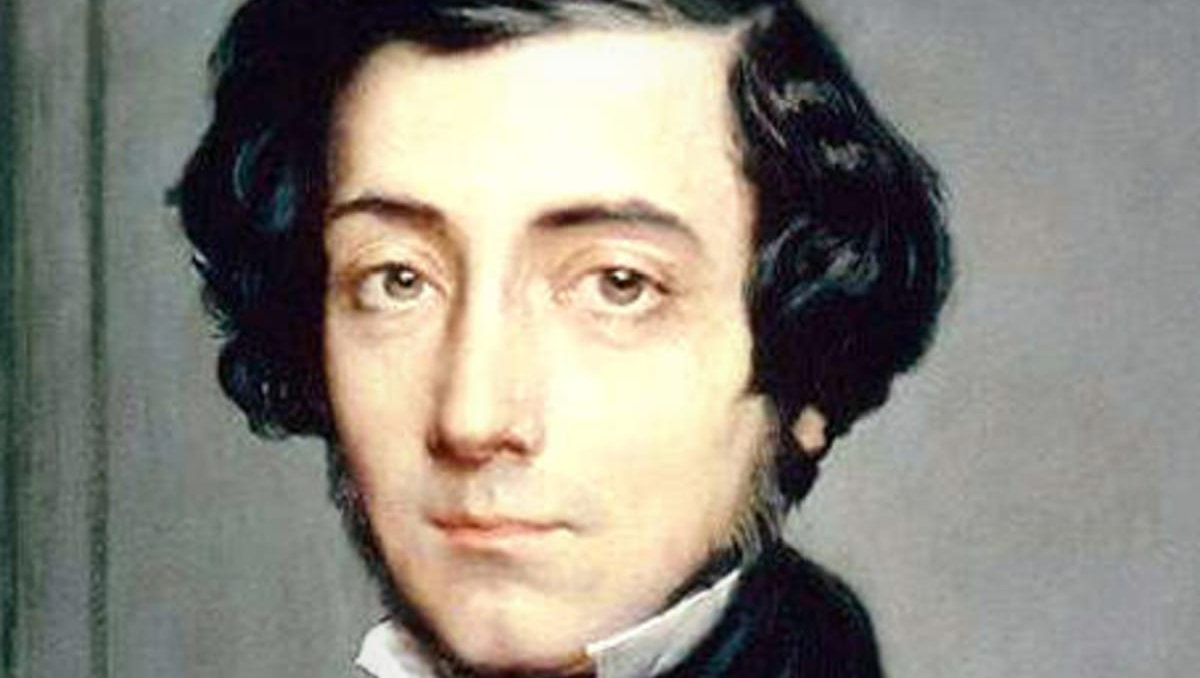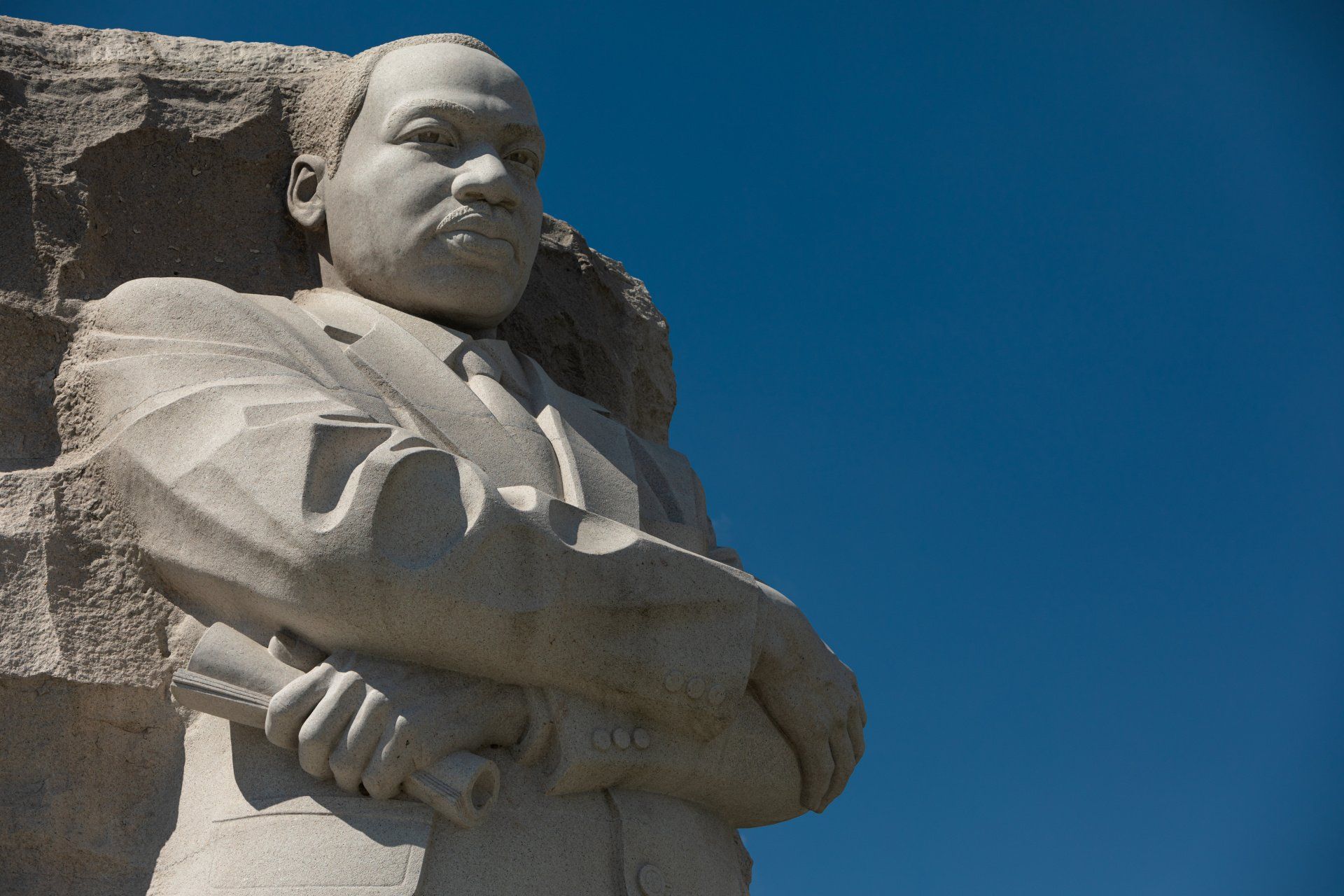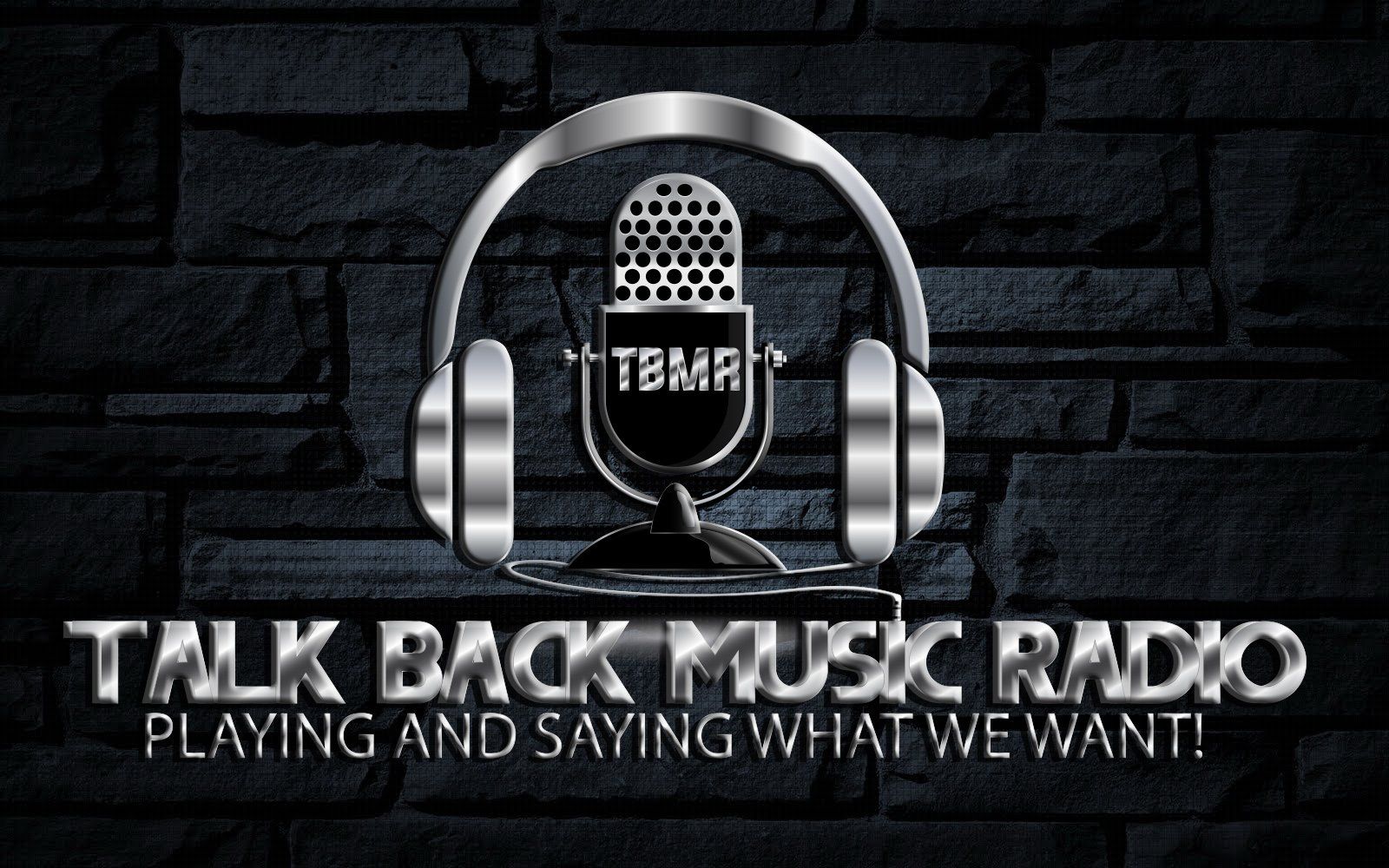Blog Layout
A Dream Deferred or Diluted?
Sep 28, 2020

Alexis de Tocqueville, a French sociologist and political theorist and Gustav de Beaumont came to America in 1831 to study its prison system. “Setting out from New York, they travelled upstate to Buffalo, then through the frontier, as it was then called, to Michigan and Wisconsin. They sojourned two weeks in Canada, from where they descended to Boston and Philadelphia and Baltimore. Next they went west, to Pittsburgh and Cincinnati; then south to Nashville, Memphis, and New Orleans; then north through the south-eastern states to the capital, Washington; and at last back to New York, where they returned by packet to Le Havre, France.
They had a whirlwind tour of America east of the Mississippi River. They published a paper on the US prison system ‘On the Penitentiary System in the United States and Its Application in France’
in 1832. However, de Tocqueville set upon another subject for publication which was a broader analysis of American culture and politics, ‘Democracy in America.’
His 1835 treatise has been categorized as ‘one of the most influential books of the 19th century.’ With its trenchant observations on equality and individualism, de Tocqueville’s work remains a valuable explanation of America to Europeans and of Americans to themselves.” (Source: History.com)
And it is in that vein that I suggest that we need him to pay the US another visit.
Someone, somewhere, somehow has lost sight of the observations made about America’s burgeoning democracy almost two centuries ago. We need de Tocqueville to reassess whether our nation’s core principle is public commitment to equality. We need him to reassess whether the nation has indeed done well separating church and state. We need him to reassess whether adherence to a balance of power between the Legislative, Judicial, and Executive branches of government is worth the paper upon which it is written. We need him to reassess our education system to see if it is as good as he originally thought. We need him to reassess whether civic institutions that involve ordinary citizens in local politics are advancing the greater good.
Lastly, de Tocqueville warned of the tyranny of the majority – a majority that pursues exclusively its own objectives at the expense of the minority. Are we in a winner takes all and the losers go home situation in this nation?
I raise these concerns at a time when we see deep divisions at all levels of government with respect to access, opportunity, inclusion, welfare, and growth. It seems like everything de Tocqueville saw good in the experiment called Democracy in 1831 is being drastically modified or eliminated. The most obvious attack is on our right to vote. Election Day 2020 will be a day when so many can do so much for us all locally and nationally. The pandemic makes it all the more crucial because our gathering together to express our choice could be deadly. And for that reason, we need our government to protect our right to engage without encumbrance.
It appears, however, that voter suppression strategies, be they subtle or direct, are manifesting in ridiculous ways. First, you have to be registered. There are those amongst us whose right to vote has been taken away and the promise of that right ever being restored denied. There are those amongst us who need to cast their vote prior to election day for any number of valid reasons, but they are finding their opportunities to do so reduced. There are those amongst us who wish to vote absentee, but find themselves confused by schedules and deadlines. There are those amongst us who find themselves untrusting of unsolicited mailers that only halfway explain the process while encouraging us to follow their instructions. There are those amongst us who used to be able to rely upon a family member or close friend for assistance maneuvering the polling process, but now find themselves on their own. And after all of those hurdles have been cleared, there is still the problem of how a vote is actually cast, transmitted, and tallied – do we need all this technology for our system to work?
I started out referencing Alexis de Tocqueville because history credits him with having done the most valuable assessment of Democracy in its early stages. We are 244 years old. Something seems to be a bit askew.
Share
Tweet
Share
Mail
Thoughts from Henry Lancaster II

02 Mar, 2022
There is a phrase I am sure many of you have heard at one time or another: “hope springs eternal.” Another way to put it is a famous literary query “if Winter comes, can Spring be far behind?” Sixty-five years ago this May 17th, na-tional civil rights leaders called for a rally on the steps of the Lincoln Memorial hoping to get the federal government to fulfill the promise of the Brown v. Board of Education decision with supporting enabling legislation (more specifi-cally the Civil Rights of 1957 which, by the way, was filibustered to defeat by Senator Strom Thurmond). A very young Martin Luther King, Jr. joined the litany of presenters that day as the last speaker. The very young King noted that the monumental Brown decision was met with opposition in open defiance from many states. One form of opposition he addressed was “all types of conniving methods that are still being used to prevent Negroes from becoming registered voters.” He stated that the “denial of this sacred right is the tragic be-trayal of the highest mandates of our democratic tradition.” The defenders of voting rights today echo the same message in their challenges to restrictions being legislated al-most daily across the country. Decades before King, American writer and bard, James Weldon Johnson, wrote about democracy in America stating that “[t]his country can have no more democracy than it accords and guaran-tees to the humblest and weakest citizen.” Both King and Johnson spoke of the fulfillment of the American govern-ance experiment as having to be inclusive and non-judgmental. They more than intimated that America cannot suc-ceed if it does not allow all its citizens to have a voice. King stated, “Give us the ballot, and we will no longer have to worry the federal government about our basic rights. Give us the ballot, and we will no longer plead to the federal government for passage of an anti-lynching law; we will by the power of our vote write the law on the statute books of the South and bring an end to the das-tardly acts of the hooded perpetrators of violence. Give us the ballot, and we will transform the salient misdeeds of bloodthirsty mobs into the calculated good deeds of orderly citizens. Give us the ballot, and we will fill our legislative halls with men of goodwill and send to the sacred halls of Congress men who will not sign a “Southern Manifesto” because of their devotion to the manifesto of justice. Give us the ballot, and we will place judges on the benches of the South who will do justly and love mercy, and we will place at the head of the southern states governors who will, who have felt not only the tang of the human, but the glow of the Divine.” Arguably, the United States Constitution was intended to be the beginning of a nation’s evolution not a marker in time to fit the interests of those “in charge” at the time. I say arguably because so many of the founding fathers and their successors were purveyors of our country’s original sin. Contradictions have ravaged our past. But over time however, amendments have been adopted to right the wayward ship. And it is those amendments that have ex-panded the nation’s contract with its citizens that all men are created equal and are endowed with inalienable rights to life, liberty, and the pursuit of happiness. Voter suppression is hands down a breach of that contract. If one’s Second Amendment right to bear arms is con-sidered untouchable so should be another’s right to participate in structuring their governance. That is, a voter has the right to enter a polling place with the expectation that their vote can and will make a difference. If that voter is left with the impression in any way that the exercise of the right is mathematically insignificant for any reason other than their inability to rally like minded voters, then a breach has occurred. A breach of that magnitude is un-American. If hope truly springs eternal, it is because each election season has meaning for more than a privileged few. (References to Dr. King can be found at the King Research and Education Institute at Stanford University)
